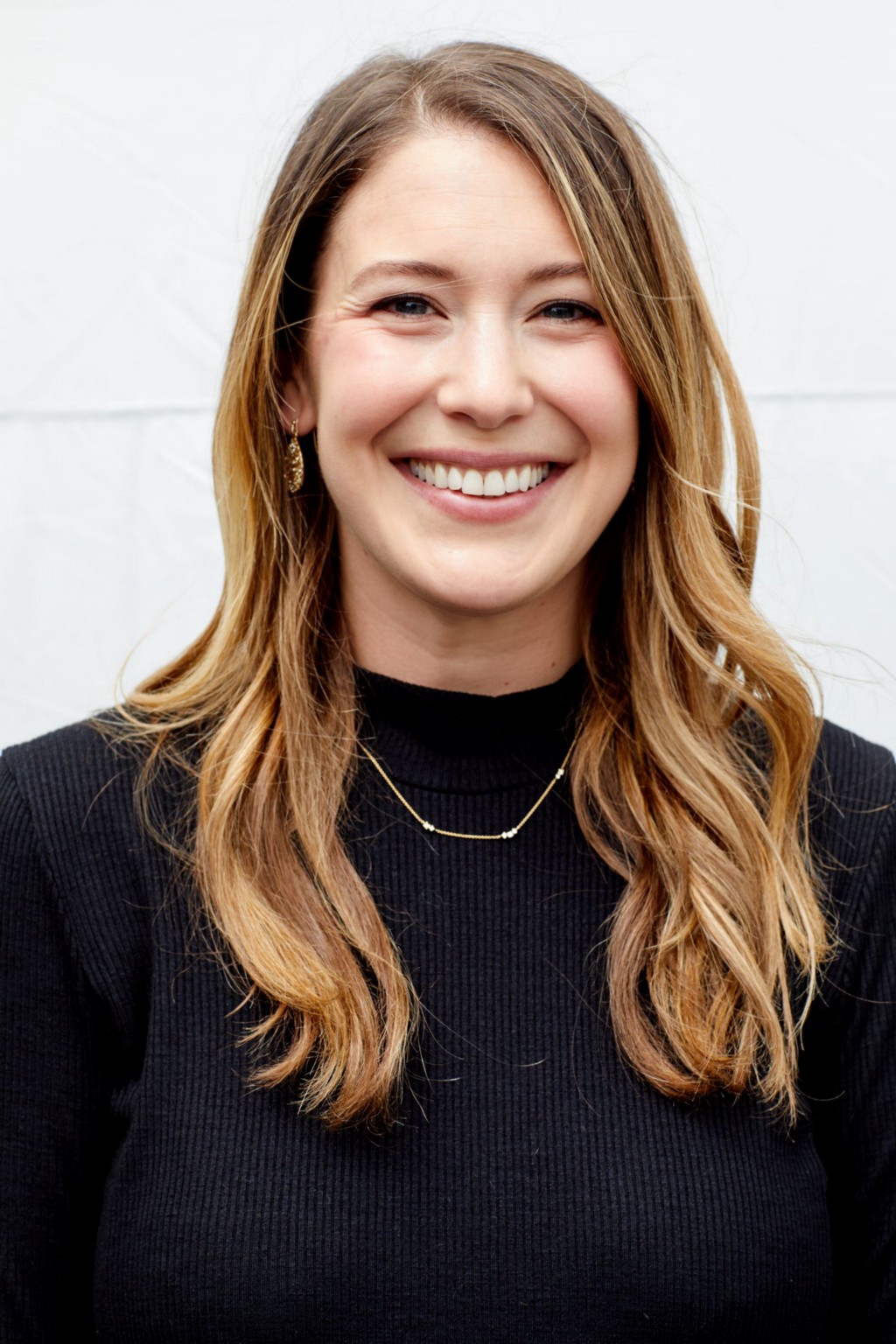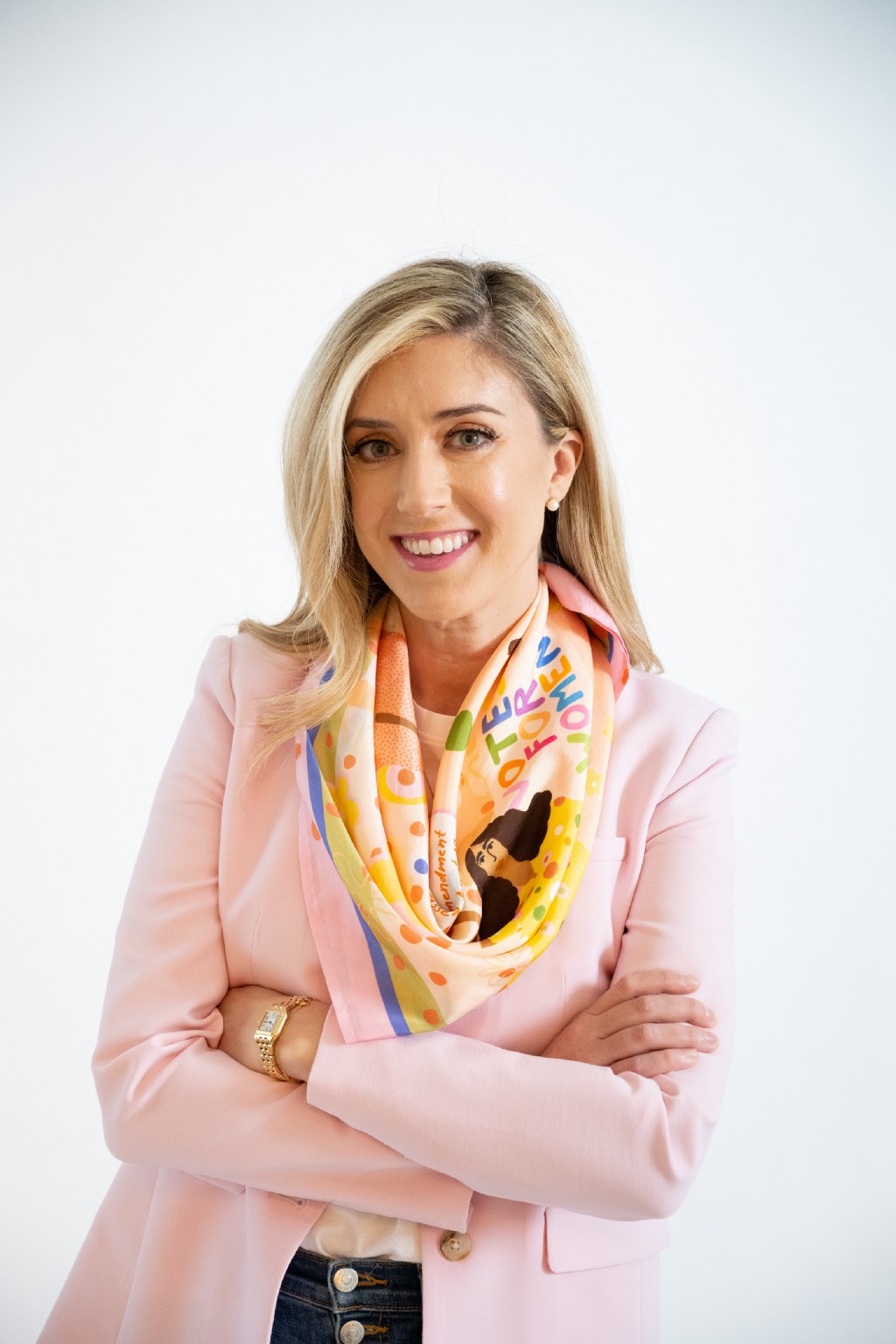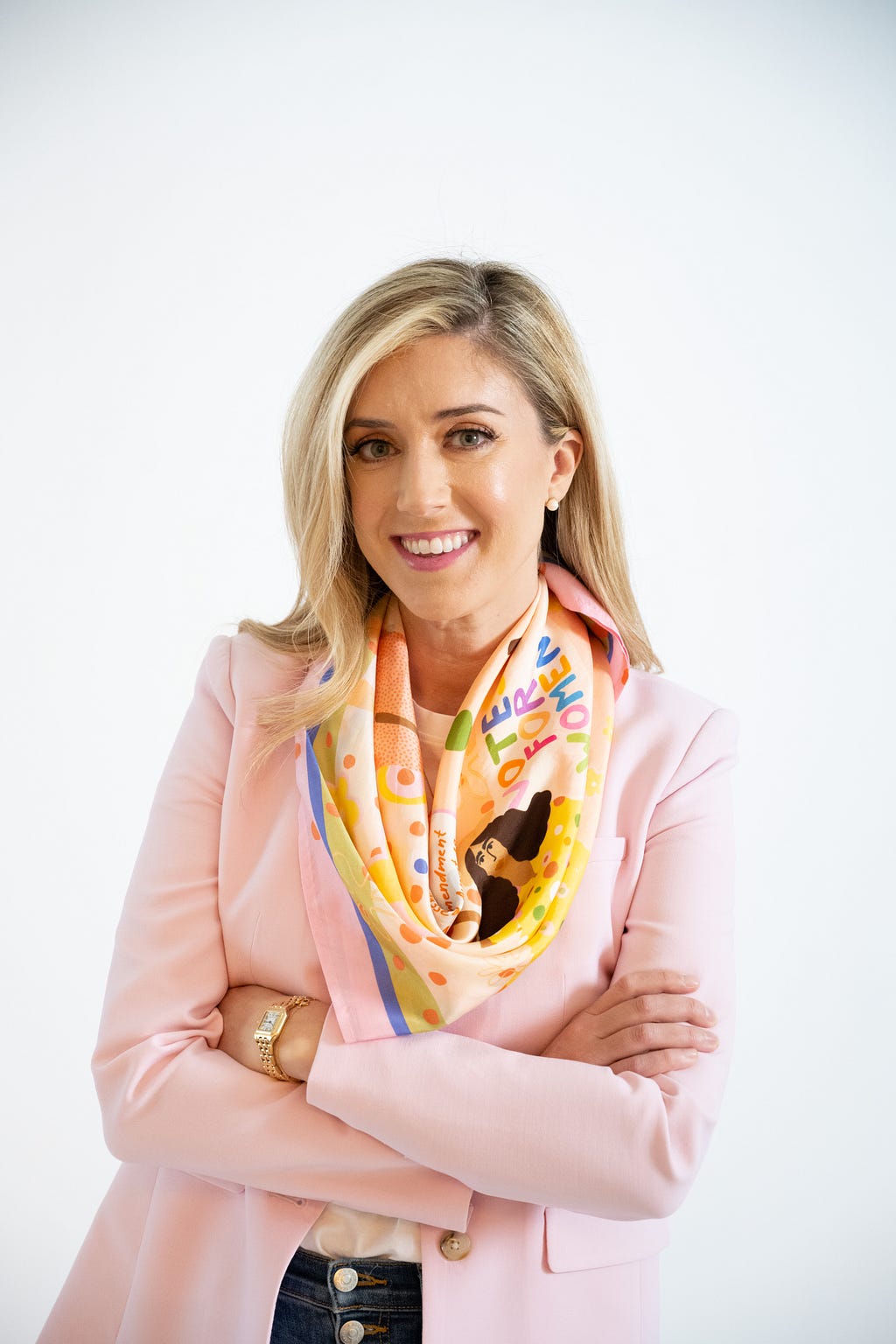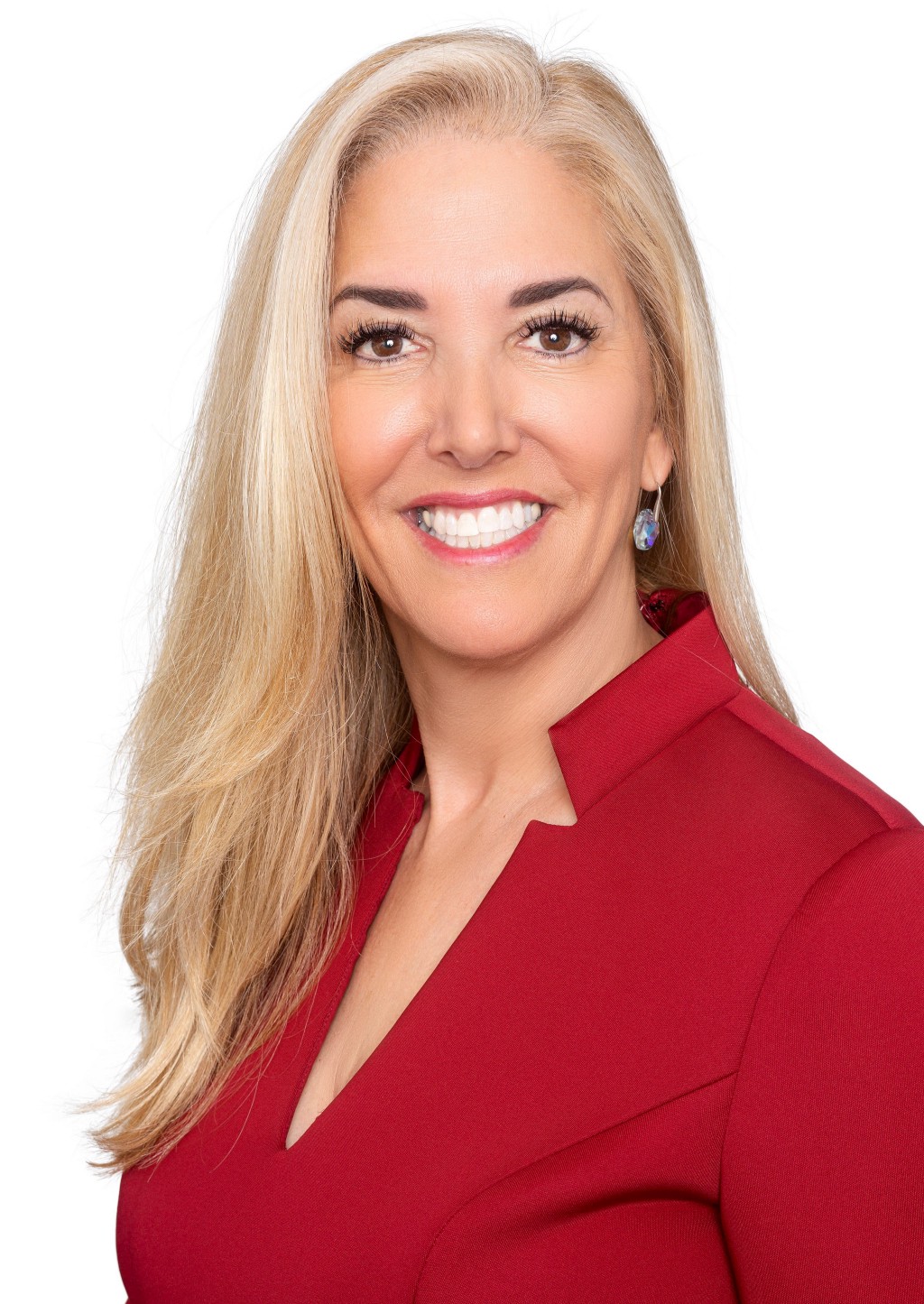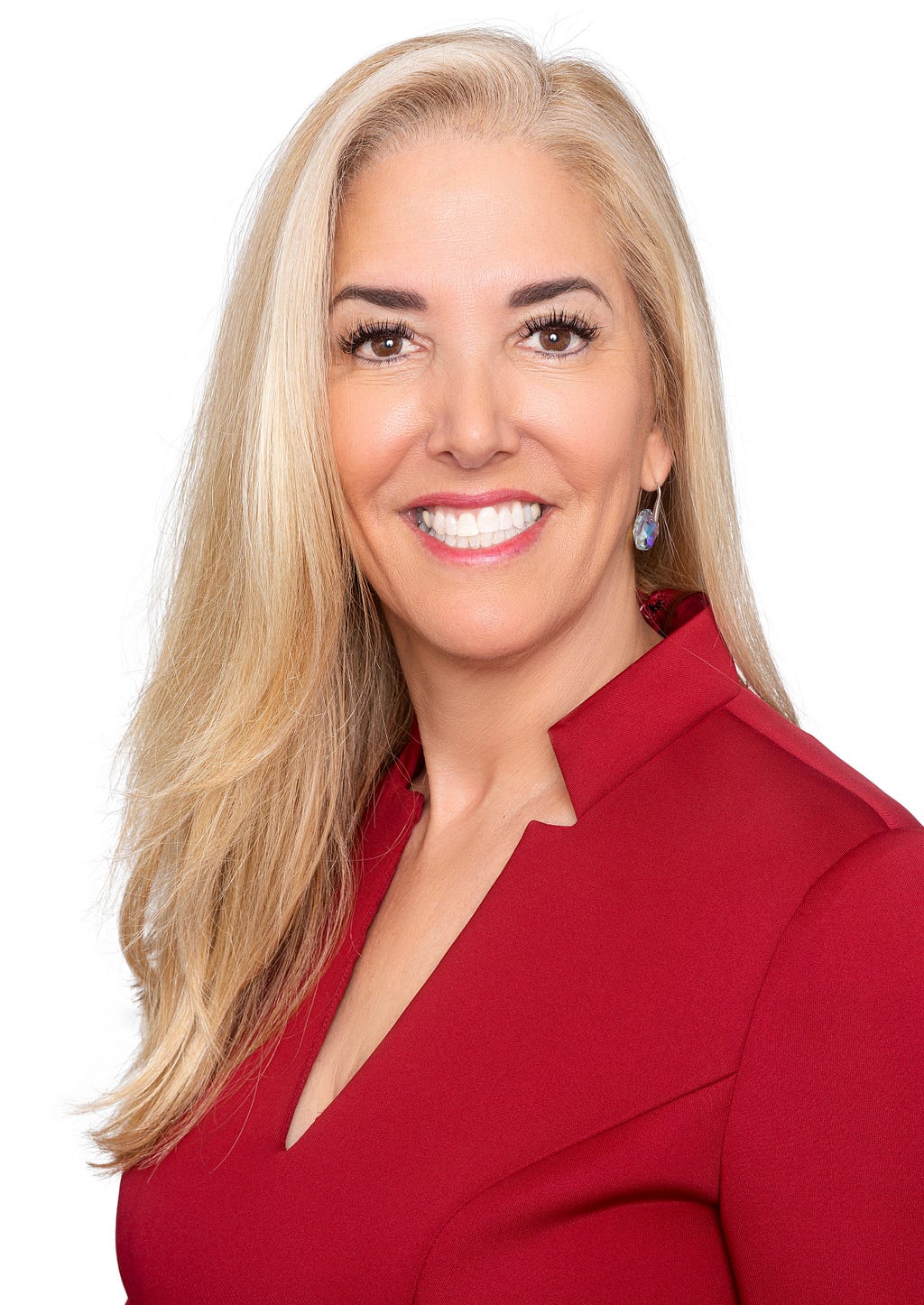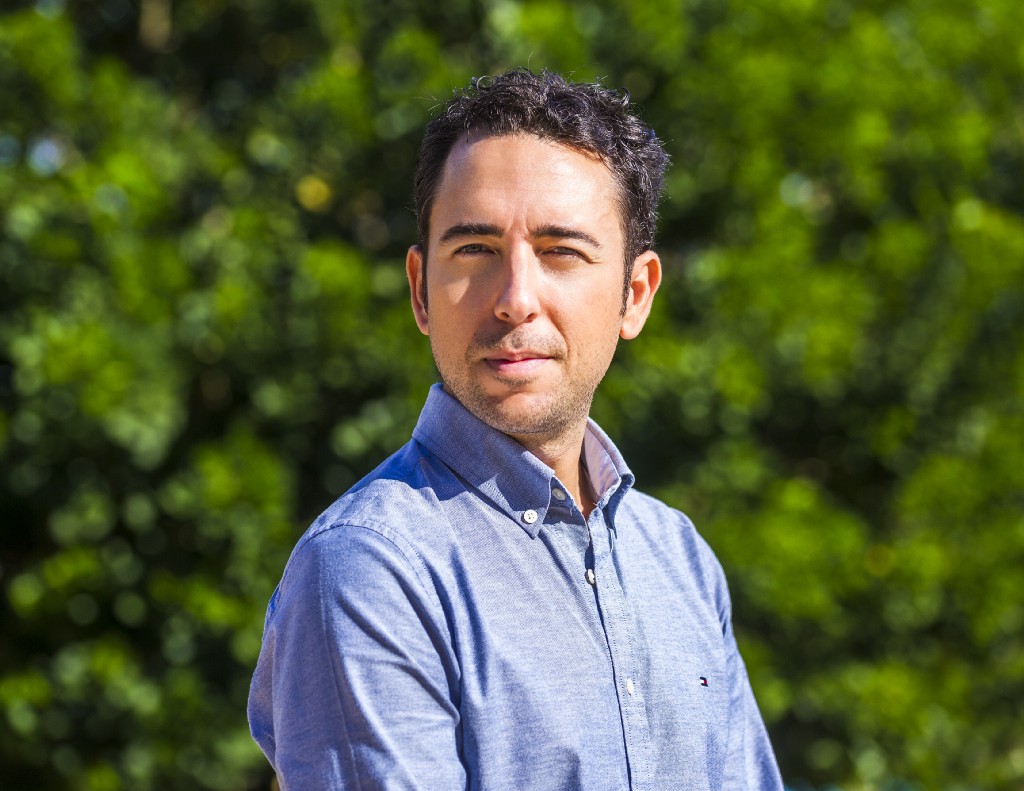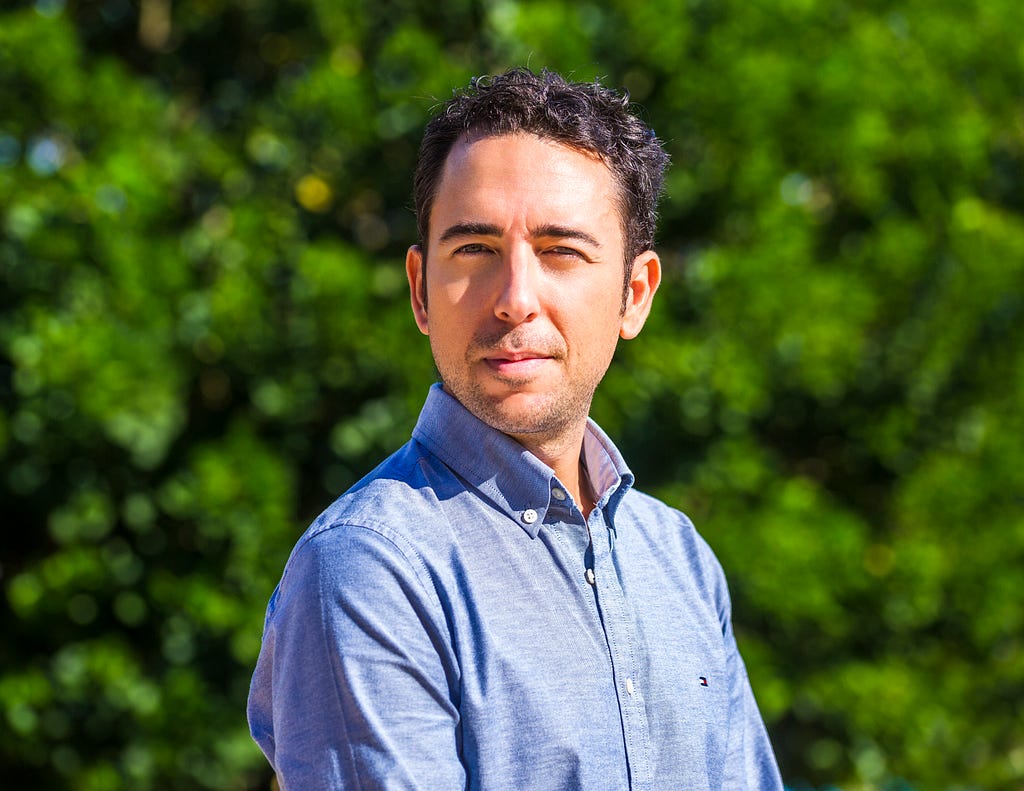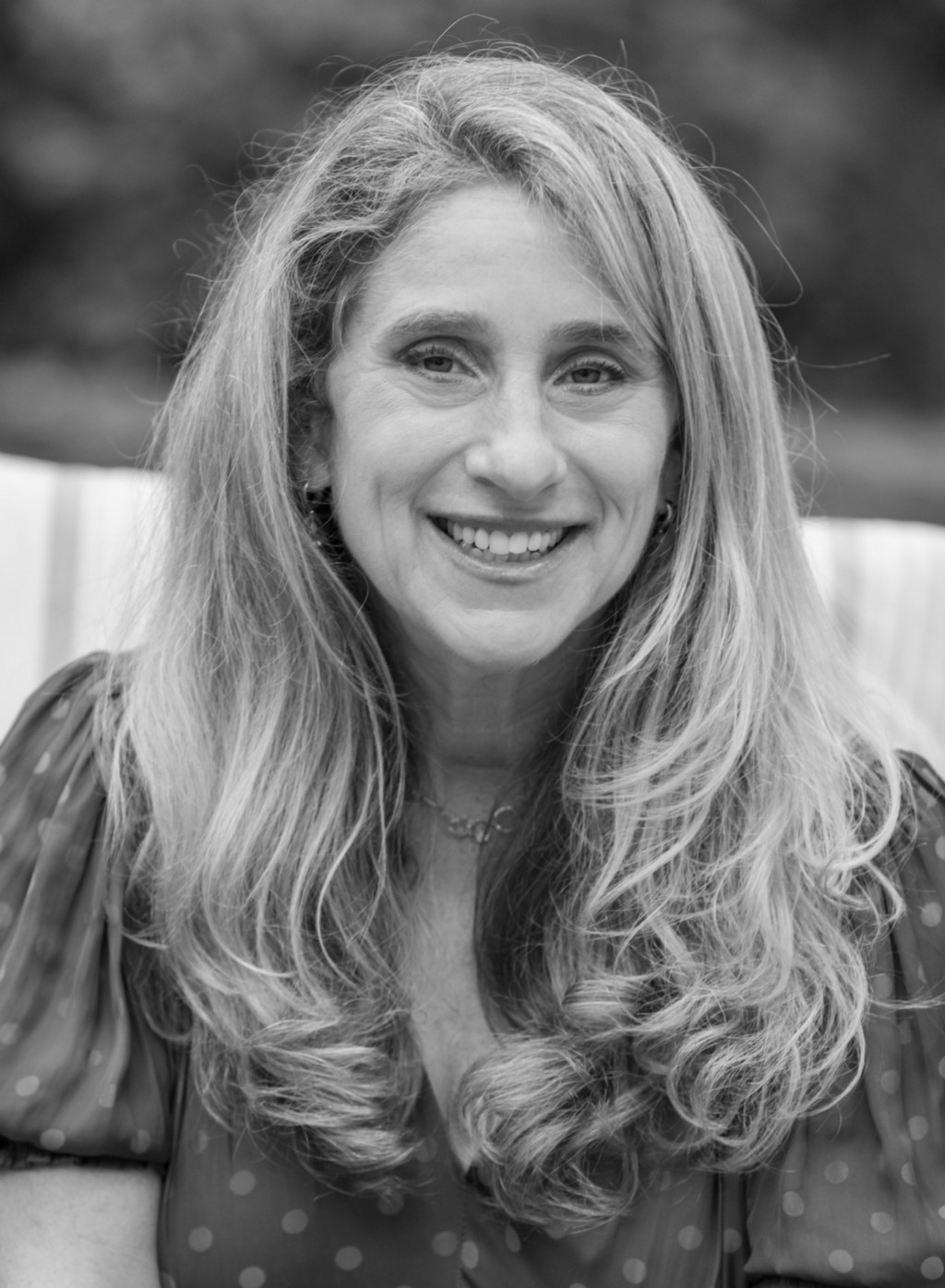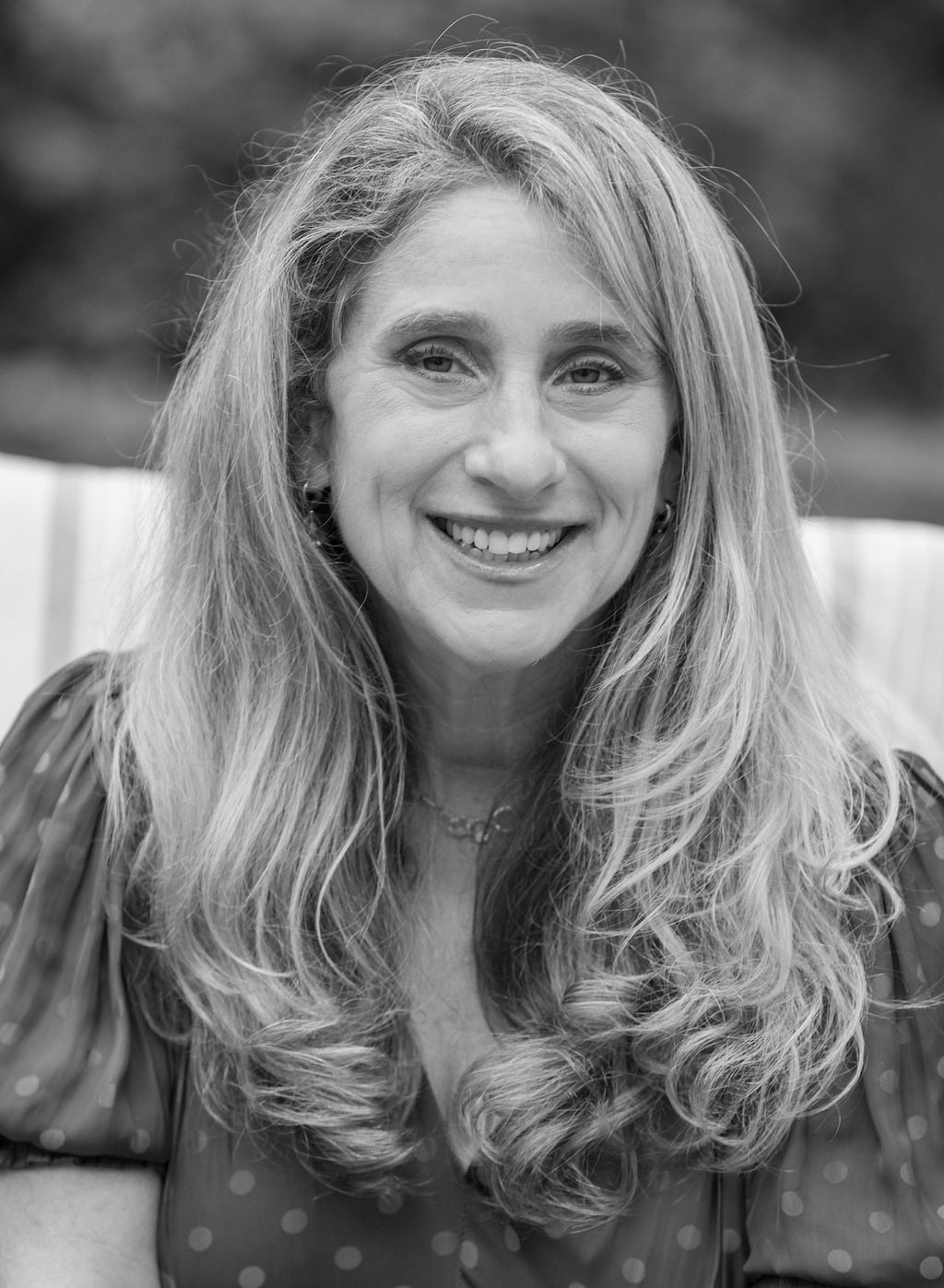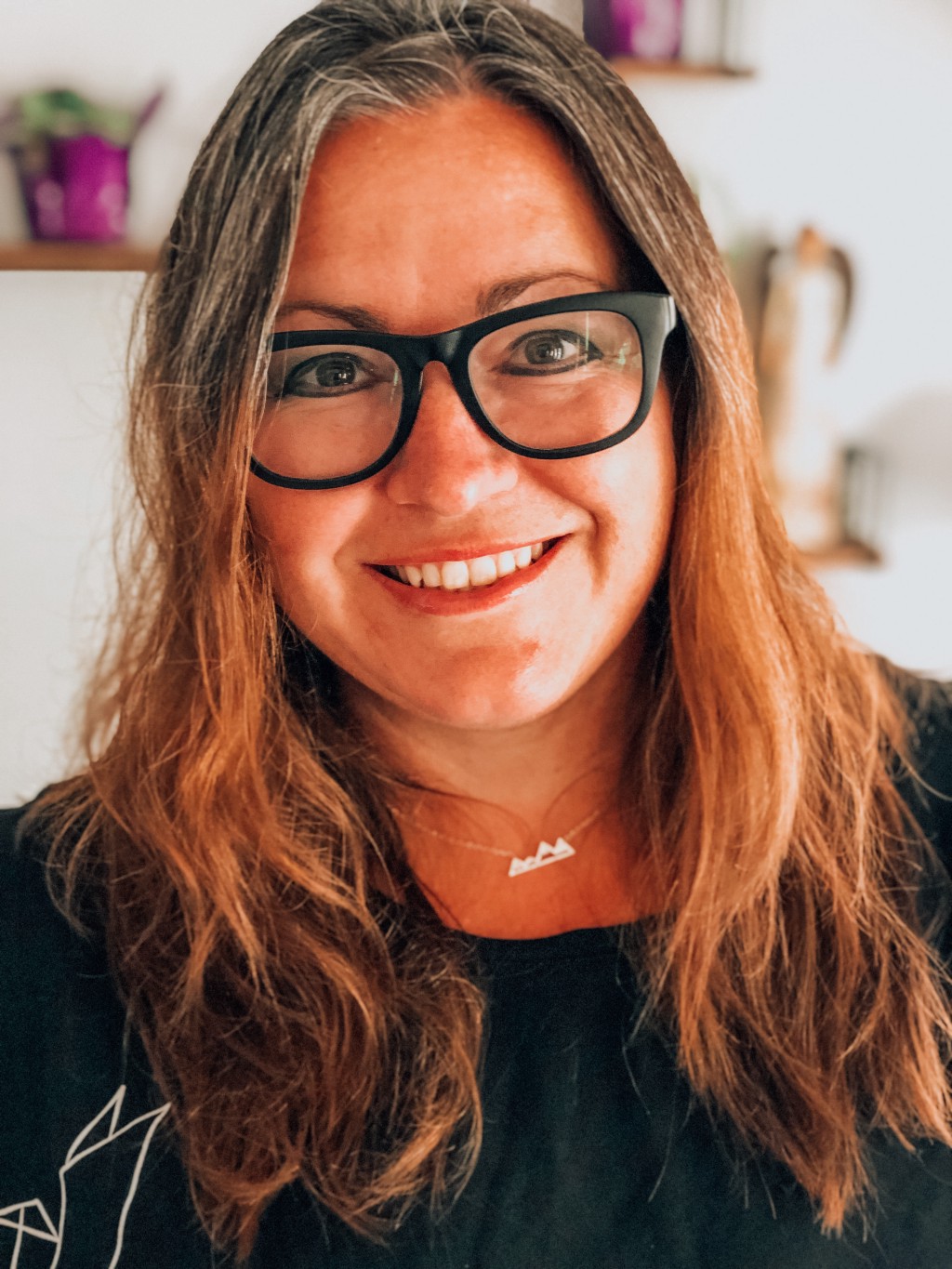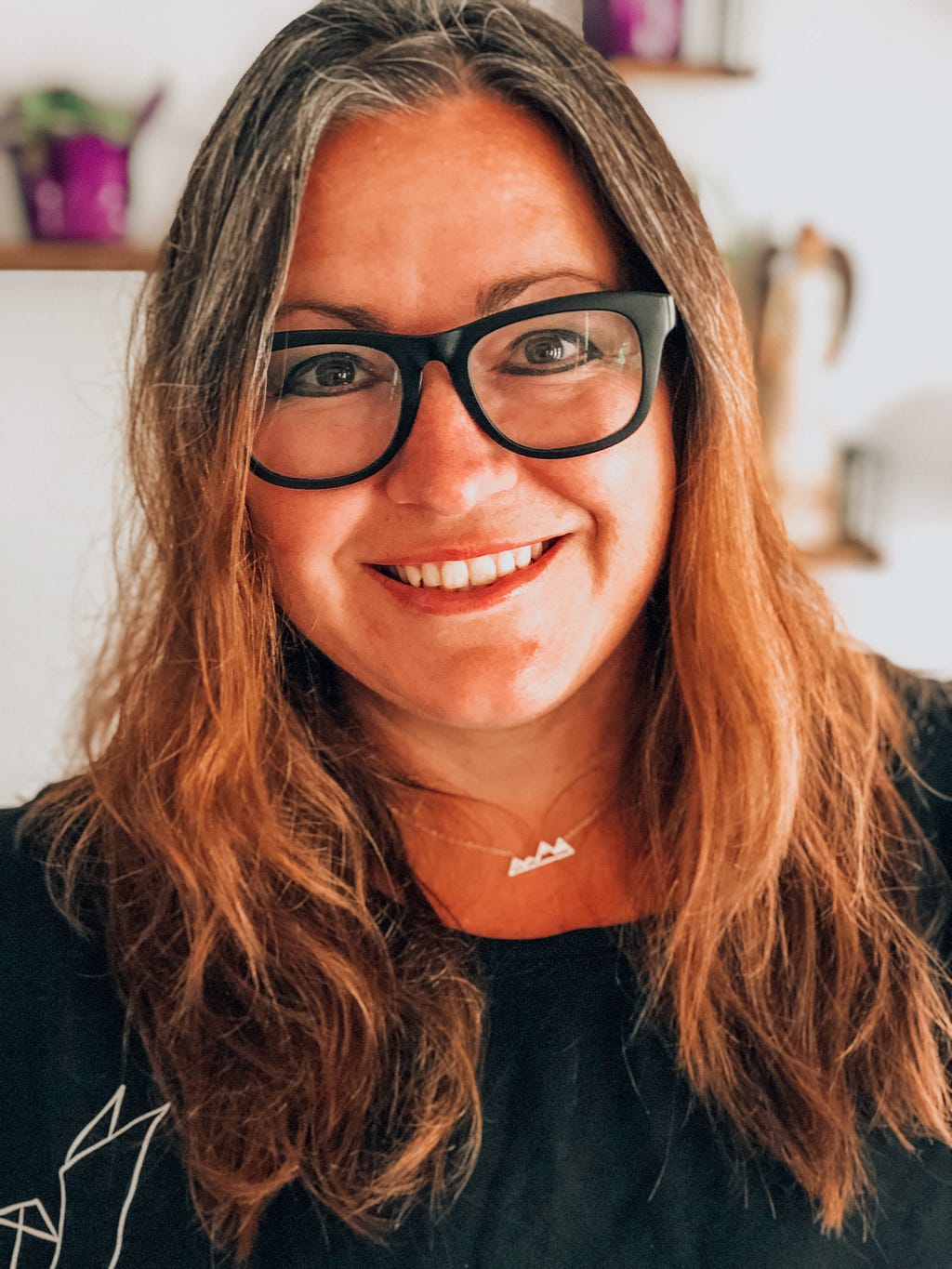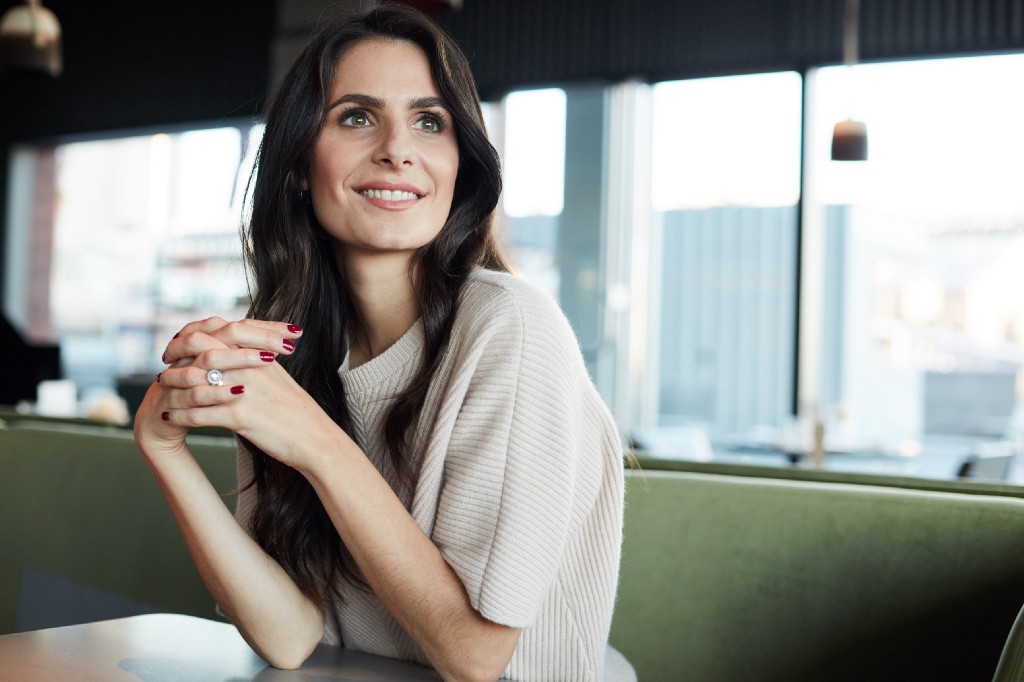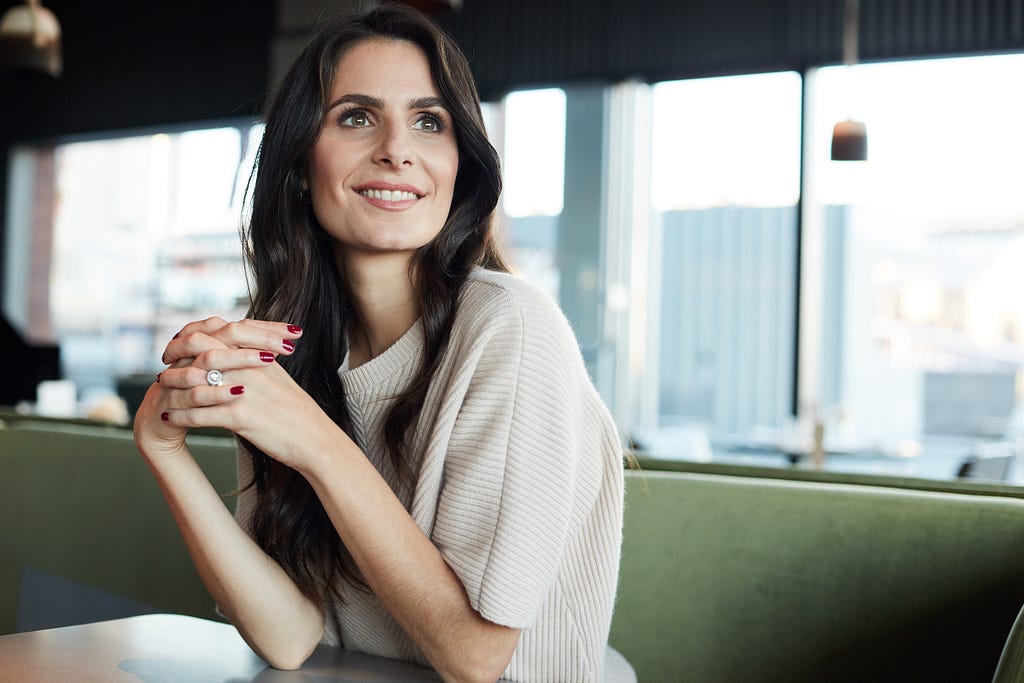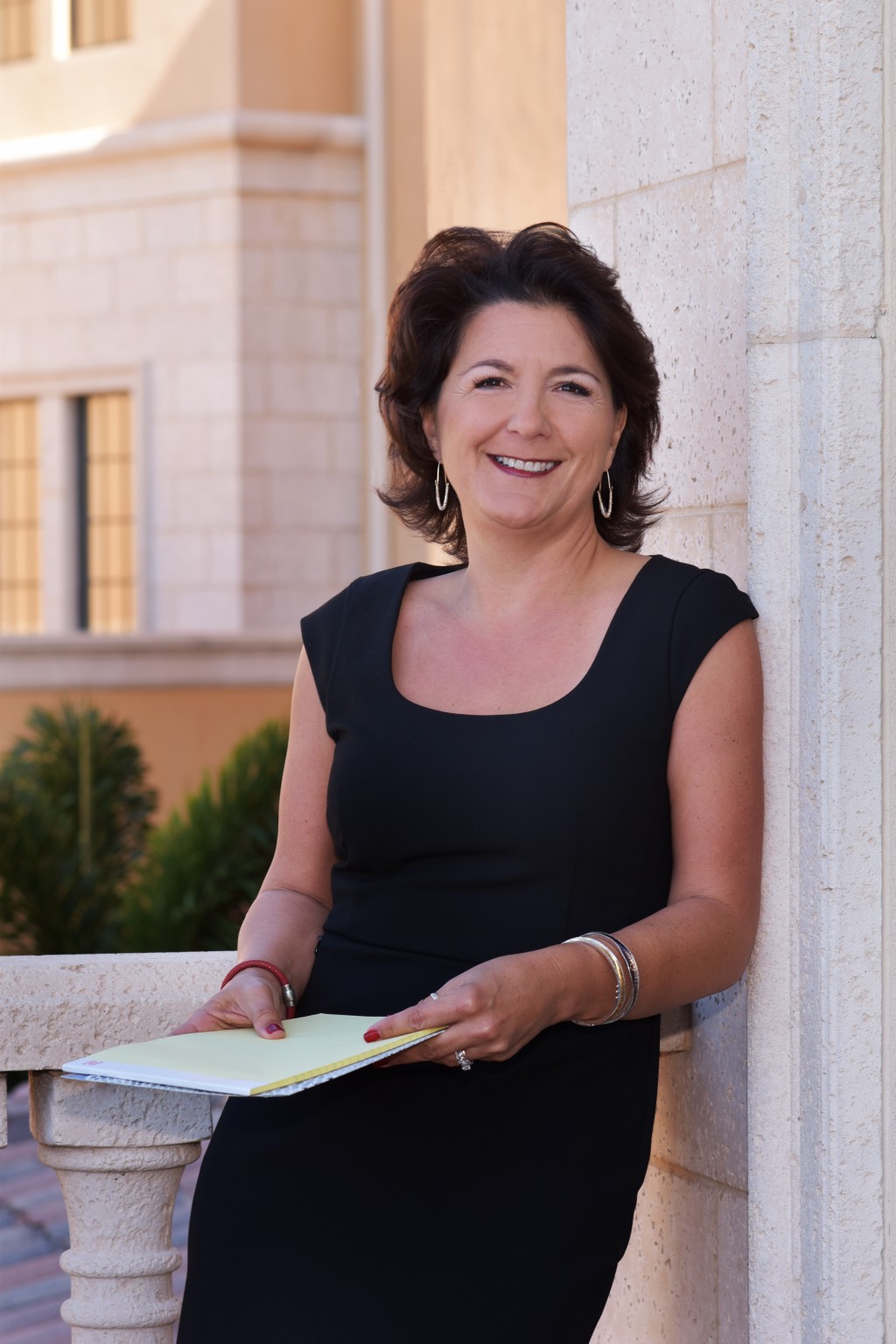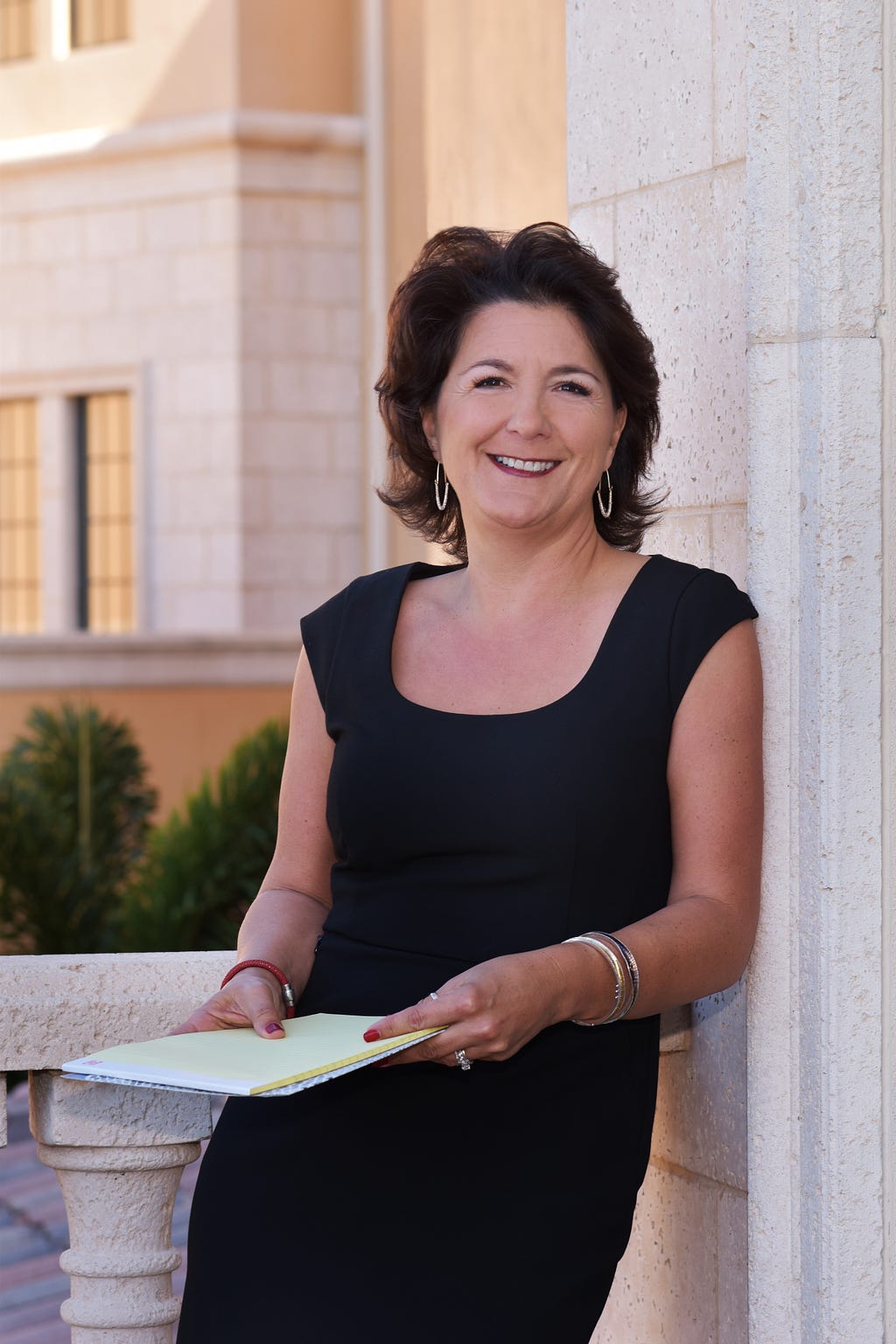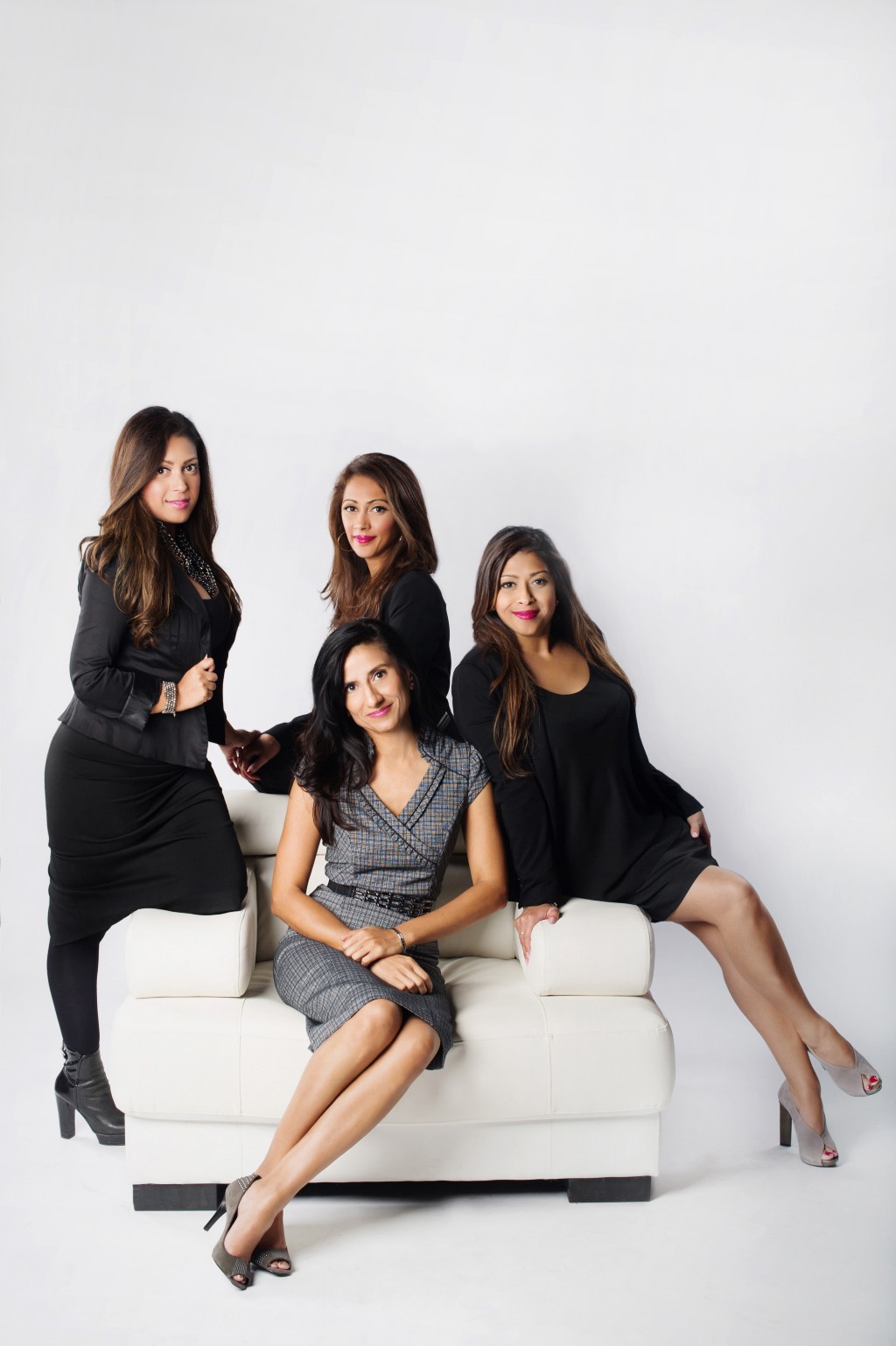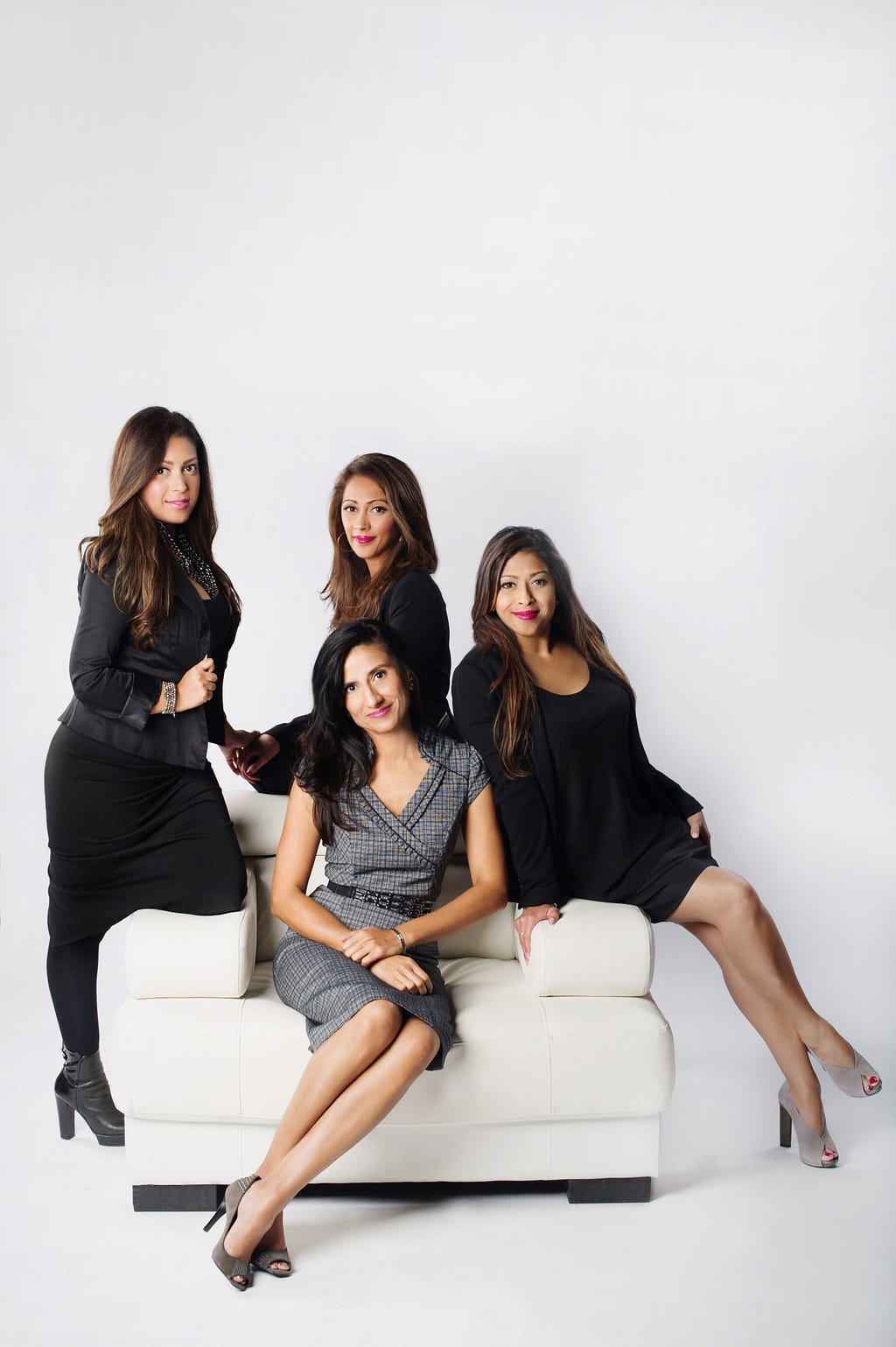An Interview With Candice Georgiadis
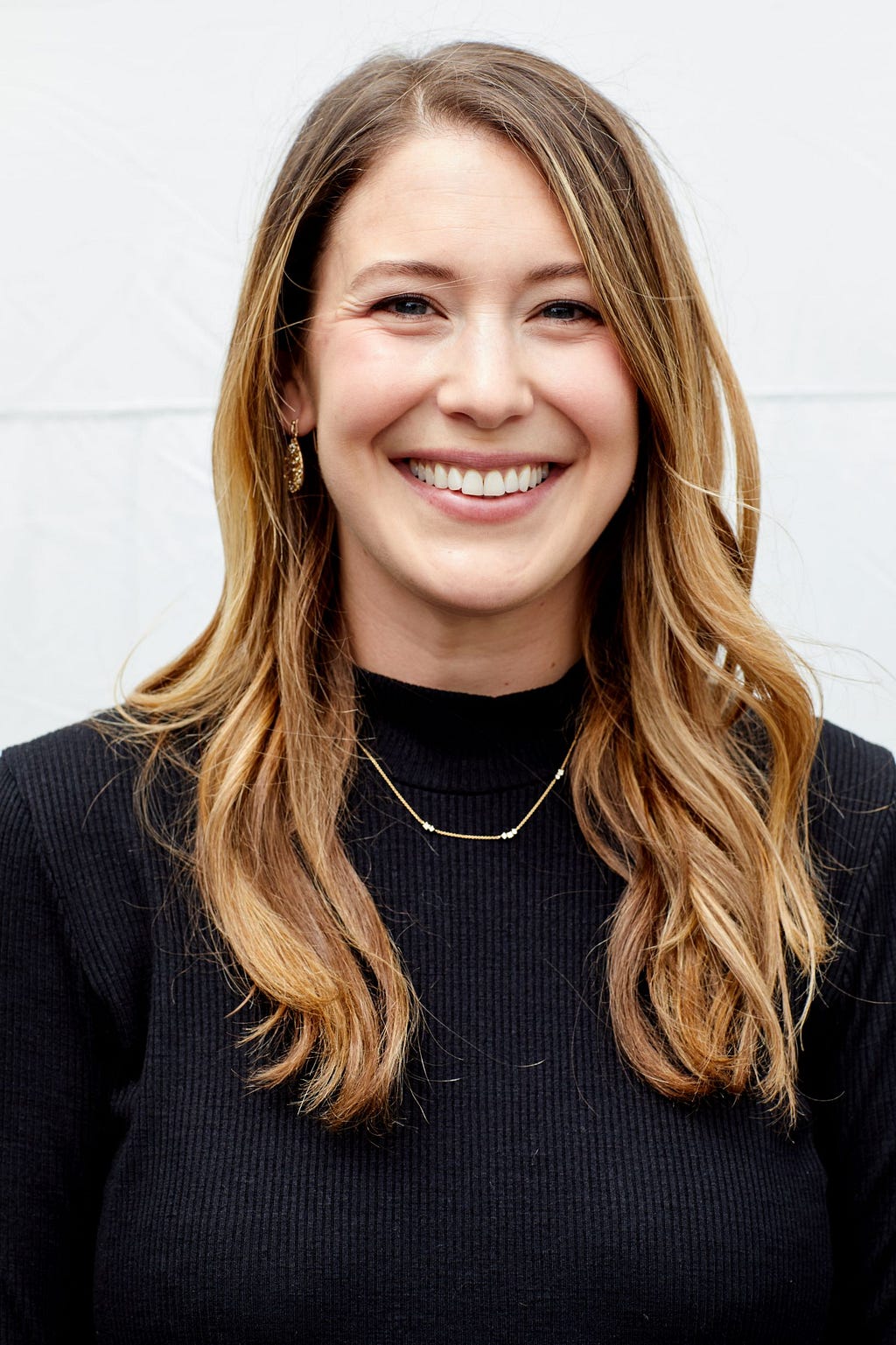
…They will commit to being, and doing, better: The Tribe is growing more concerned with the impact their travels are having on local communities and the environment. As they return to travel post-pandemic, they’re taking a more considered approach, wanting to leave people, places, and things better than they found them. They feel that their ability to make an impact is limited as individuals, so they’re looking for brands to step up and facilitate positive change.
As part of my series about “developments in the travel industry over the next five years”, I had the pleasure of interviewing Nicole Cestaro, a Strategy Director at Team One, Publicis Groupe’s fully integrated media, digital and communications agency for premium brands. In her nearly six years with the agency, she has overseen brand positioning and global advertising campaigns for The Ritz-Carlton, St. Regis, and W Hotels, among others.
A native east coaster, her career has spanned two coasts, serving in senior strategy roles at Arnold Worldwide and Publicis Sapient, both in Boston, before moving to Los Angeles to join Team One. Her resume includes brands in the automotive, consumer packaged goods, beverage/alcohol, financial services, and technology categories. She’s also known around Team One for being a diehard Tar Heel basketball fan, proud corgi mom, and wannabe chef.
Thank you so much for joining us! Can you tell us a story about what brought you to this specific career path?
I come from a family of teachers. Most everyone in my life — both parents, my sister, two grandparents, four aunts — have spent their careers in education. I knew pretty early on that teaching wouldn’t be my path, but besides knowing what I didn’t want to do, I wasn’t exactly sure what I did want to do.
For the longest time, I thought I was going to pursue medicine. I was very good at math and science, so my parents and teachers were encouraging me to be a doctor. However, after taking the prerequisite courses, I realized that although I may have been good at those subjects, I didn’t enjoy them. What I did enjoy was being creative. I did a lot of creative writing and loved a good school project where I got to break out the poster board and markers, so I decided to pursue journalism. The University of North Carolina, where I attended college, offered an advertising track within the journalism major, so that’s when my career started to take shape.
I might not have gone into the “family business,” but I found just what I was looking for: the perfect combination of left brain and right brain.
Can you share the most interesting story that happened to you since you started your career?
I design and conduct a lot of research as part of my job — everything from focus groups to surveys to ethnographic studies. In 2013, I was working with a financial brand to better understand how financial professionals make investment decisions for their high-net-worth clients, so I went to New York City for one-on-one interviews with financial advisors. We hired a third-party moderator to lead the interviews, and my boss and I sat in the “back room” of the research facility (a slightly musky dark room behind one-way glass) to observe. We must’ve been on our ninth or tenth interview of the day and the moderator was going through his standard spiel about how there are a few people listening behind the glass when the participant abruptly stopped him. “There are people back there?” he said as he unknowingly pointed directly at us. “Well, yes,” the moderator said. “Bring them in here,” the participant said. “I won’t do this interview unless I can see them.” That was the first (and hopefully last) time that I ever sat silently in a room with a research participant while they tore apart my client and my work. A very awkward and humbling experience.
Can you share a story about the funniest mistake you made when you were first starting? Can you tell us what lesson you learned from that?
How much time do you have? I’ve made a lot of mistakes, but I chose to learn from them instead of dwelling on them.
I was a very proud twenty-something who thought that asking questions meant that I was incompetent, so I was afraid to inquire about things I didn’t know for fear of revealing myself as a fraud. But let me tell you: it’s hard to navigate a new career when you refuse to ask for help!
One of the first brands I worked on in my career was a car brand, and the automotive industry is full of acronyms: MPG, AWD, OEM, HEV, ABS, and so on. I was too scared to ask what any of those things meant, so when I had to brief a creative team on a new vehicle launch, I spent the entire meeting mispronouncing them, using them incorrectly, and just generally embarrassing myself. My best advice: ask questions, folks!
Which tips would you recommend to your colleagues in your industry to help them to thrive and not “burn out”? Can you share a story about that?
I’m a very type-A, perfectionistic person, so I logged a lot of hours as a junior strategist trying to ensure that my work was “up to snuff.” Now, a decade plus into my career, I give myself more grace.
It took me a long time to learn this lesson, but I think I’ve avoided burnout by knowing when good enough is good enough. Expediency is more important than perfection on some projects, but on others, rigor outweighs speed. If you approach every project like it has to be your best, like you have to work harder than you ever have before, you’re bound to overwork yourself. I’ve gotten very good at sussing out what success looks like for each project, determining what is required to achieve it, and allowing myself to stop when I get there. It’s all about knowing when to put pencils down.
None of us are able to achieve success without some help along the way. Is there a particular person who you are grateful towards who helped get you to where you are? Can you share a story?
I am incredibly grateful for my first boss in advertising, Ezra Englebardt. After undergrad, I went to Miami Ad School to pursue a certificate in Account Planning, and when I completed the program, I was shopping around my portfolio trying to secure a junior strategist position. Ezra was the first person to give me a shot. In fact, he hired me after one Skype meeting.
A professor once gave me the most incredible advice: pick your first boss, not your first job. What he meant was that it was far more important to go to an agency where I would have a strong mentor than it was to join one with fancy perks and lots of trophies. He told me to find a boss that would care for me as a human, not just as an employee, and who was willing to invest their time in my development. That’s what I found in Ezra.
Because of him, I moved to Boston sight-unseen. I had never been there and didn’t know one soul in the city, but I took a risk and made the move because he made me feel cared for, worthy, and capable. I owe a lot of my success to him.
Let’s jump to the core of our discussion. Can you share with our readers about the innovations that you are bringing to the travel and hospitality industries?
There are so many hot takes on the future of travel right now in light of COVID-19. I’m not one to speculate, so in times of uncertainty and massive change, I like to dig into the data. At Team One, we’re able to study the attitudes, behaviors, and aspirations of the world’s wealthy through a proprietary research initiative that we call The Global Affluent Tribe™. We founded this study more than 10 years ago, so we’ve been able to observe the Tribe, as we call them, throughout other times of revolution, such as the financial crisis, globalization, and global elections. Having this longitudinal study at our disposal is critical as it allows us to see how the Tribe’s values have changed over the past decade.
A big chunk of the study focuses on the travel industry, so we’ve been using our unique insights to expertly guide our travel clients, such as The Ritz-Carlton, Expedia, and Cathay Pacific, during this unprecedented time. Unsurprisingly, we’re seeing some big shifts in the data during this most recent wave, yet we’ve been encouraging our clients to avoid being reactionary and to make decisions that will help their brands thrive in the long-term.
Which “pain point” are you trying to address by introducing this innovation?
The Global Affluent Tribe™ study has helped us dispel inaccuracies about the world’s wealthy. For too long, marketers have assumed that because the global affluent are separated by distance, culture, and creed, their values must be vastly different too. How they live, move through the world, and forge bonds with others must be unique. But in fact, what we found is that they are united by their shared beliefs about the world they share.
They’re uncommon people with a lot in common, connected more by what they love than where they live. The Tribe has coalesced around five core values — mobility, success, status, consumption, and belonging — which we have been able to track over time.
The other pain point that the Global Affluent Tribe™ alleviates is access to people of means. Affluents are historically hard to reach from a research perspective, yet we have an engaged group that we are able to readily access through our proprietary platform.
How do you envision that this might disrupt the status quo?
We’re turning conventional thinking about wealth, prestige, and luxury on its head. Our work has not only enlightened us to the intricacies of the Tribe but also changed the narrative we tell around affluence.
This is especially true when it comes to travel. Travel continues to top the list of the Tribe’s aspirations and spending priorities; however, our latest wave of research revealed that the Tribe values traveling well rather than being well traveled. After not traveling for more than a year, they don’t want to simply check destinations off their bucket lists anymore. They’ve reassessed what’s important to them and are being more purposeful with their choices. We’ve had to change the way we speak to them to reflect these changing attitudes.
As you know, COVID19 changed the world as we know it. Can you share 5 examples of how travel and hospitality companies will be adjusting over the next five years to the new ways that consumers will prefer to travel?
- They will commit to being, and doing, better: The Tribe is growing more concerned with the impact their travels are having on local communities and the environment. As they return to travel post-pandemic, they’re taking a more considered approach, wanting to leave people, places, and things better than they found them. They feel that their ability to make an impact is limited as individuals, so they’re looking for brands to step up and facilitate positive change.
- They will create rootedness in a rootless world: The pandemic stole our sense of shared humanity, but the toll was even higher for the Tribe, who consider themselves citizens of the world. Inherently multicultural, their notion of home means finding deep connections wherever they go. As they look to strengthen their bonds post-pandemic, brands will have a role to play in helping the Tribe find belonging with others as they travel the world.
- They will be inviting and intimate: The pandemic reset the Tribe’s values and altered their view of luxury. Namely, they have become more selective, choosing luxury travel experiences that feel understated and less formal. To cater to the intimacy that the Tribe is craving, brands need to deliver experiences of warmth and openness, not just personalized but personal.
- They will help signal idealistic values: The Tribe doesn’t seek to achieve traditional status markers. Especially post-pandemic, they want to be recognized for contributions they are making towards a better society, at home and around the world. They are proud to be attached to brands that deliver on their idealistic virtues, so the onus is on brands to help them to signal that they are living well and responsible lives.
- They will support local: The Tribe has developed a locavore taste for luxury. The pandemic enhanced their sense of community and increased both their interest in and willingness to pay more for local. Brands are now expected to support the Tribe’s desire to support local communities by celebrating and championing the people, culture, and environment that surround the destination.
You are a “travel insider”. How would you describe your “perfect vacation experience”?
I’m very active on vacations. I can’t just lay on a beach for a week, so I seek out trips with a lot of things to do and see. I’m a big fan of an itinerary, so I obviously do a lot of research before I go anywhere, but I love getting the local perspective once I arrive. My favorite is when you stay at an Airbnb or a hotel and they let you in on well-kept secrets of where to go and eat. I will of course go to some of the classic, can’t-miss destinations, but I lean on the “experts” to help me find the niche, insider spots. I’ll take a recommendation over a google search any day.
I think that’s something that the hospitality industry isn’t totally capitalizing on. They focus so much on selling the amenities of their properties that they forget that what most travelers are seeking isn’t designer sheets or infinity pools but access — to information, to exclusive places, to secret spots.
Can you share with our readers how have you used your success to bring goodness to the world?
It’s funny because I told you earlier that I didn’t want to be a teacher, but my favorite part of my job today is actually mentoring. My alma mater has an incredible network of alumni, and many of them have offered me their time and connections over the years. Now that I have some years under my belt, I try to use my success to help others who may want to follow in my footsteps.
I get a lot of “Can I pick your brain?” emails, and no matter how busy I am, I try to always say “yes.” If I can encourage someone, share the mistakes I’ve made, or help them gain clarity on their goals, that 30 minutes is worth it to me. It’s how I give back.
You are a person of great influence. If you could start a movement that would bring the most amount of good to the most amount of people, what would that be? You never know what your idea can trigger. 🙂
Oh, this is a fun question! I may be biased as someone who works in the category, but I truly believe in the regenerative power of travel. Travel is so important not only in terms of opening your mind to new places, people, and cultures, but also from a mental health perspective. The pandemic exasperated our burnout culture, and despite desperately needing mental breaks, Americans took fewer vacation days in 2020 than the years prior. That’s all to say that I love the idea of government- or employer-sponsored sabbaticals. Sabbaticals have been trendy amongst the Tribe for a while now, but I would love to start a movement where they were democratized — made available to all and not only to the fortunate few — and also normalized. I want everyone to have the opportunity to take the appropriate time off and to see the world through a fresh set of eyes.
Team One actually has something called the Slash Award, our version of an employee of the year award, and the winners receive paid time off and money towards a trip. I haven’t won one yet, but I dream about it!
How can our readers follow you on social media?
I have a LinkedIn and an Instagram. My Instagram is just pictures of my adorable corgi Willow, so I suggest that if you want to connect that you add me on LinkedIn! https://www.linkedin.com/in/nicolecestaro/
Thank you for these fantastic insights!
Nicole Cestaro of Team One On The Future of Travel in The Post Covid World was originally published in Authority Magazine on Medium, where people are continuing the conversation by highlighting and responding to this story.


